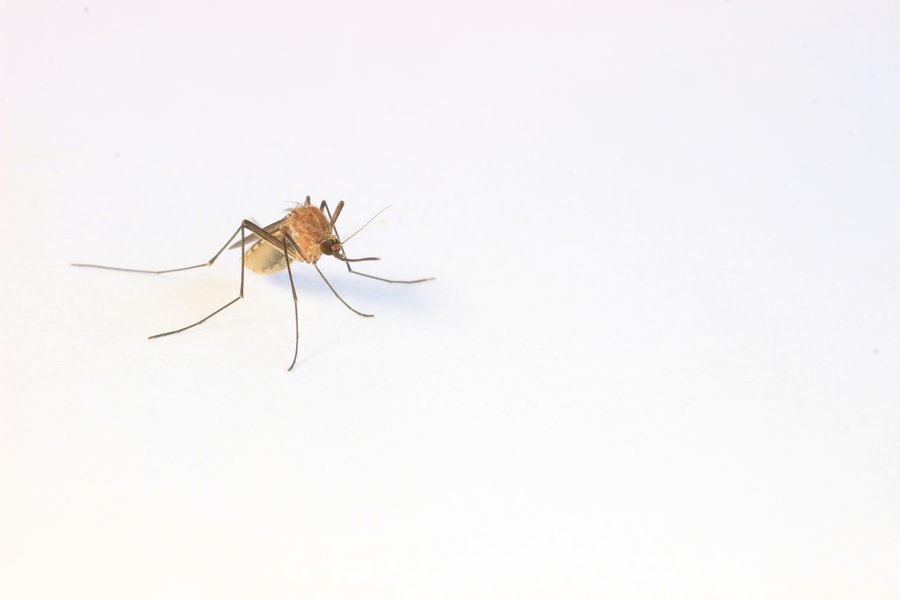What is a mosquito bite?
Mosquitoes are small flying insects found worldwide that are known for their bites. A mosquito bite can cause an unpleasant reaction in many people, ranging from an itchy skin rash to severe allergic reactions. The symptoms of a mosquito bite are caused by the mosquito injecting saliva into the skin, which contains anticoagulants to prevent blood clots and make it easier for the mosquito to feed.
The intensity of the reaction to a mosquito bite can vary greatly from person to person. Some people develop only a slight redness and little itching, while others show a much stronger reaction. This can be influenced by various factors, including the individual immune response and possible allergies.
There is also evidence that genetic factors may play a role in how strongly someone reacts to a mosquito bite. These genetic predispositions could influence the severity of the reaction, such as the size of the swelling and the intensity of the itching. This is supported by research that has identified certain genes associated with the strength of the reaction to mosquito bites.
Effects of mosquito bites
When mosquitoes insert their proboscis into the skin to suck blood, a small amount of saliva is injected into the skin. This saliva contains proteins that are recognized as foreign by the human immune system. The immune system's response to these proteins leads to the release of histamine, which causes the typical symptoms of itching, swelling and redness. These symptoms usually subside after a few days. However, people who are hypersensitive or allergic may experience more severe reactions that require medical treatment. In addition to the common reactions, some people may experience more severe symptoms such as more severe swelling or even skin rashes.

Good to know
Did you know that only female mosquitoes suck blood? They need the protein in blood to develop their eggs, while male mosquitoes feed only on plant juices.
Treatment and prevention
There are several treatment options to alleviate the symptoms of a mosquito bite. A common method is to use antihistamines, which reduce itching. In addition, topical corticosteroid creams can be used to reduce inflammation. Cool compresses or cold packs can also help to reduce swelling and relieve itching. To avoid mosquito bites, preventive measures should be taken such as wearing protective clothing, applying insect repellent and avoiding places with high mosquito activity, especially in the evening hours.
What does genetics have to do with it?
One important SNP is rs2963854, which is associated with the genes SFXN1 and HRH2. SFXN1 is involved in the regulation of mitochondrial function, while HRH2 is a histamine receptor that plays a central role in allergic reactions. A variant of this SNP can influence the strength of histamine release, which can directly affect the severity of the reaction to a mosquito bite.
Another relevant SNP is rs9815073 in the LPP gene. LPP is involved in cell adhesion and signal transduction, which is important for the immune response. Changes in this gene could influence the way the immune system reacts to mosquito saliva proteins and thus modulate the severity of the reaction.
The STAT6 gene, which is influenced by the SNP rs3024971, plays a central role in the regulation of the immune response, particularly in allergic reactions. Variations in this gene could increase susceptibility to strong reactions to mosquito bites by modulating the activity of the immune response.
Another SNP, rs3102960, is associated with the ID2 gene. ID2 is a transcription factor that regulates the differentiation of immune cells. Variations in this gene may influence the way the immune system responds to the mosquito's saliva and thus the strength of the response to a bite.
![[Report Bild]](/static/reportImages/M%C3%BCckenstiche.jpeg)